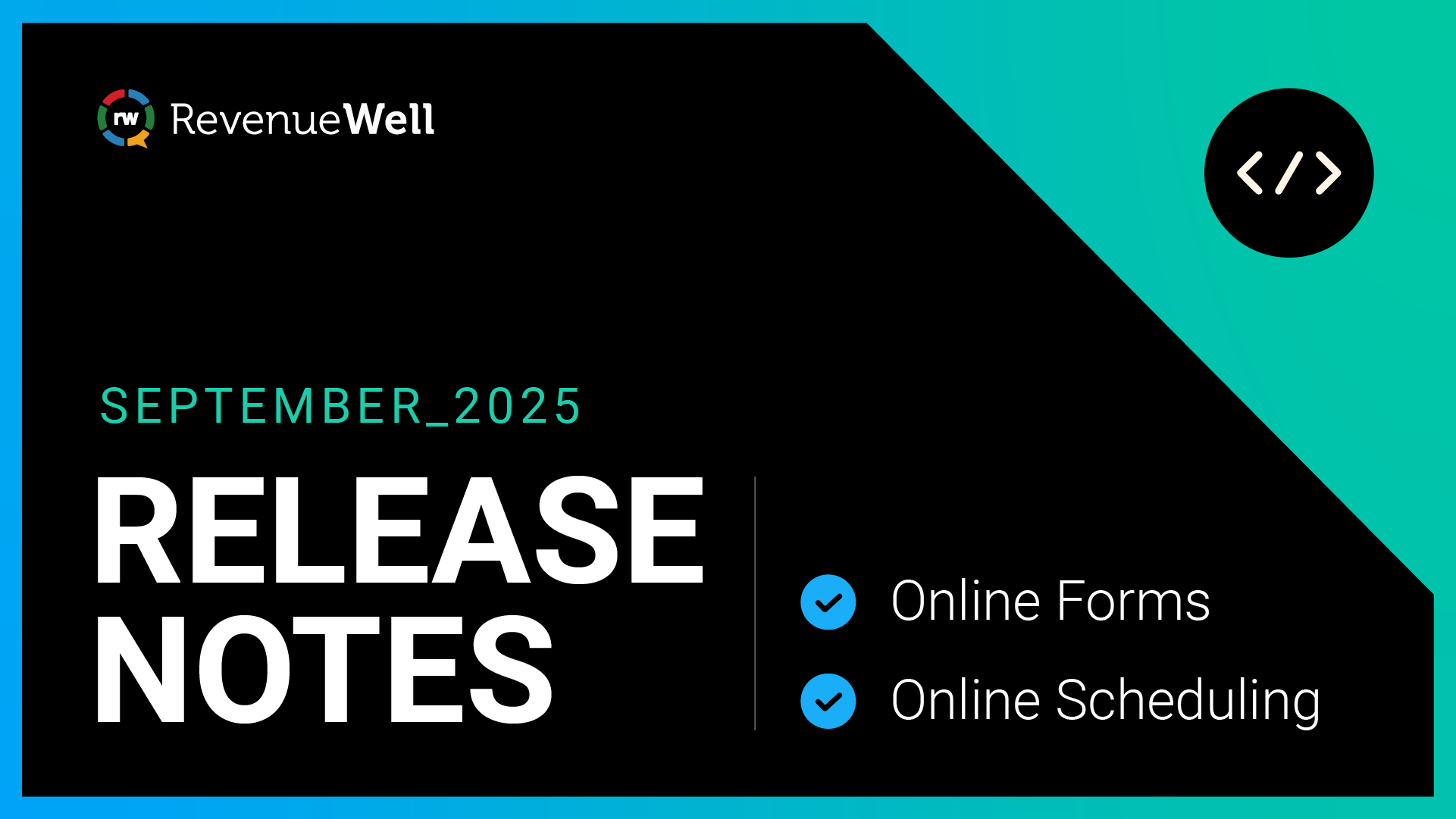Combating Burnout: Self-Care Strategies for Dental Office Managers

Managing a dental practice involves wearing many hats and interacting with many types of patients, and it’s no wonder burnout can creep in. But now more than ever, you must protect your peace and well-being so that you can show up to work, be attentive to your patients, and still enjoy what you do without questioning why you chose this career path. It takes a mix of having the right work environment and prioritizing your peace by doing activities within your control. Here are 7 ways to reduce burnout, prioritize self-care, and cultivate a sense of calm during your workdays.
1. Master the Art of Saying No.
Whether you’re a naturally helpful person or a recovering people-pleaser, it's tempting to say yes to every request from team members. But you have to protect your time considering how much you juggle. Politely decline or delegate tasks that others can handle or that don't align with your priorities for that day or week. There’s power in saying no because it also allows you to focus on the work that matters most and makes a difference.
Let’s say you’re on a small team so you need to do the task at some point. You can offer to do it but say something else must be de-prioritized to accomplish it.
Practice this: Here are some ways to kindly, but firmly say no. “I’d love to help, but I need to finish [priority task] first. Can I get back to you after (insert time), or is this something [colleague’s name] can assist with?” Or “I’d love to help, but I’m focused on an urgent task right now.”
Remember saying no isn’t always a rejection. It’s prioritizing what matters most and that’s what you have to do in your role.
2. Set Boundaries with a No Interruptions Zone.
In a patient-facing role, avoiding interruptions might be close to impossible. However, constant interruptions can derail your focus and increase stress. Depending on your team size and how close you are with your team, try to block out some time to get through your task list with minimal interruptions. Use this time to complete tasks that require concentration, like verifying insurance, doing intake, or creating campaigns. Let your team know this is your ‘focus time’ to avoid unnecessary interruptions. You can also verbally share this by saying something like “Unless it’s urgent, please hold questions during this time.” You can also use visual cues like a sign on your desk or an away message on your email, to reinforce your focus time.
Practice this: Block out 30 minutes to an hour on your calendar daily for uninterrupted work and mark it as ‘busy’. Delegate certain tasks to other team members if that’s an option.
3. Recognize and Celebrate Small Wins.
It’s easy to focus on what still needs to be done and forget to acknowledge what you’ve accomplished. Celebrating small wins can boost your morale, build confidence, and help you maintain a positive outlook. This can include the things that often go unnoticed like handling a tough patient situation or finishing a day’s to-do list. For some, being able to cross something off the list is a dopamine booster so be sure to make space for it.
If your team isn’t already doing this, consider celebrating small wins during your daily huddles. You can carve out time at the beginning or end of each huddle to acknowledge a person or team member’s wins to boost morale and cultivate an environment that supports each other.
Practice this: Keep a journal or use your phone’s Notes app where you jot down one win from each day, no matter how small. This is something you can refer to when you’re feeling overwhelmed or down about work. You can also use this to track your career progress when your next performance review comes, and you’d like a salary increase.
4. Streamline Your Workflows with the Right Tools.
Fatigue can creep into your day-to-day tasks, especially the repetitive and/or manual ones that could be automated. When much of your workday is spent doing routine work, it can be draining and cause you to feel less engaged. A robust patient engagement system can help automate those time-consuming tasks, so it lightens your load but also reduces the mental clutter. In a 2021 study conducted by Zapier, 63% say using automation has helped them fight work burnout and 65% say that using automation at work makes them less stressed.
One way to approach this is by thinking about which tasks you spend the most time on. Is it confirming appointments, verifying insurance, doing intake, or something else? Once you identify those tasks, start to think about what ways you can simplify it. If you need better tools, you can make a case to your practice owner.
Practice this: Whether it’s quarterly or annually, make it a point to audit your tools and processes to see missing gaps and what could be improved. It’s better to be proactive in creating a workspace where you succeed instead of waiting until the problem shows up or gets worse.
Improving your efficiency is one way to lighten your plate and your mental load. Take this practice performance quiz to better understand where you can increase your efficiency so you’re less bogged down at work. You’ll get a list of personalized recommendations you can implement right away.
5. Create a Calm Corner in the Office.
Your office environment can also play a role in your well-being. Creating a designated space for relaxation, even if it’s small, can help you reset during stressful moments. It’s something your entire team can use. A calm corner doesn’t need to be elaborate. It can be an area with a comfortable chair, soft lighting, plants, and soothing decor. If possible, try to keep it away from the rest of the office so you feel like you’re in a ‘different environment.’
Practice this: Spend 5–10 minutes in the calm corner each day. Try deep breathing exercises or simply sit quietly to clear your mind.
6. Connect with a Support Network.
Connect with peers who understand the unique challenges of working in a dental office. Sharing experiences, tips, and encouragement with others in similar roles can help you feel less isolated and more validated. You can join online groups or forums like a Reddit subgroup or Facebook/Meta group for dental office managers, attend dental industry conferences and local networking groups/events, and even mentorship, either as a mentor or mentee.
Practice this: Make it a goal to engage in one networking activity per month, bi-monthly, or quarterly – you decide. This can be attending a virtual or in-person event or posting in an online group.
7. Practice a Little Self-Care Throughout the Day.
Self-care doesn’t always have to be a spa day or a long vacation (although you should do those too). Incorporating mini self-care moments into your day can provide much-needed relief without disrupting your work. These small actions can help you recharge and maintain your energy levels throughout the day. Here are some ideas for inspiration:
- Stretching: Take two minutes to do simple stretches at your desk to release tension in your neck and shoulders. This can easily build up depending on the workday, environment, and simply sitting most of the day.
- Hydration Breaks: Keep a water bottle at your desk and set reminders to stay hydrated. You can even get one of those water bottles that motivates you to drink the recommended daily amount of water.
- Breathing Exercises: Try the 4-7-8 technique where you inhale for 4 seconds, hold for 7 seconds, and exhale for 8 seconds to reduce stress and relax your nervous system. There are other breathing techniques out there so find one that works for your body.
- Mini Walks: Step outside for fresh air, even if it’s just a quick walk around the building. This is an intentional way to get your daily step count in and does wonders for the body and mind.
Practice this: Set a daily reminder on your phone and/or computer to incorporate one or more of these activities into your workdays. For some, it can take just a few days to add a new activity to their routine. For others, it might take a few weeks or months. Start with the reminders, and you can always stop them once it becomes a routine and then a habit.
It’s worth acknowledging that there are many factors that impact burnout at a job, but these are some tactical ways you can be in control. You and your team are the ones keeping your practice running so it’s important to create a workplace where everyone feels comfortable and happy. When you’re happy at your job, it shows up in how you interact with patients. And when your patients have a positive experience with your practice, they’ll continue to come back.
Next recommended read: Tackling Difficult Patients: A Guide to Staying Composed and Professional




